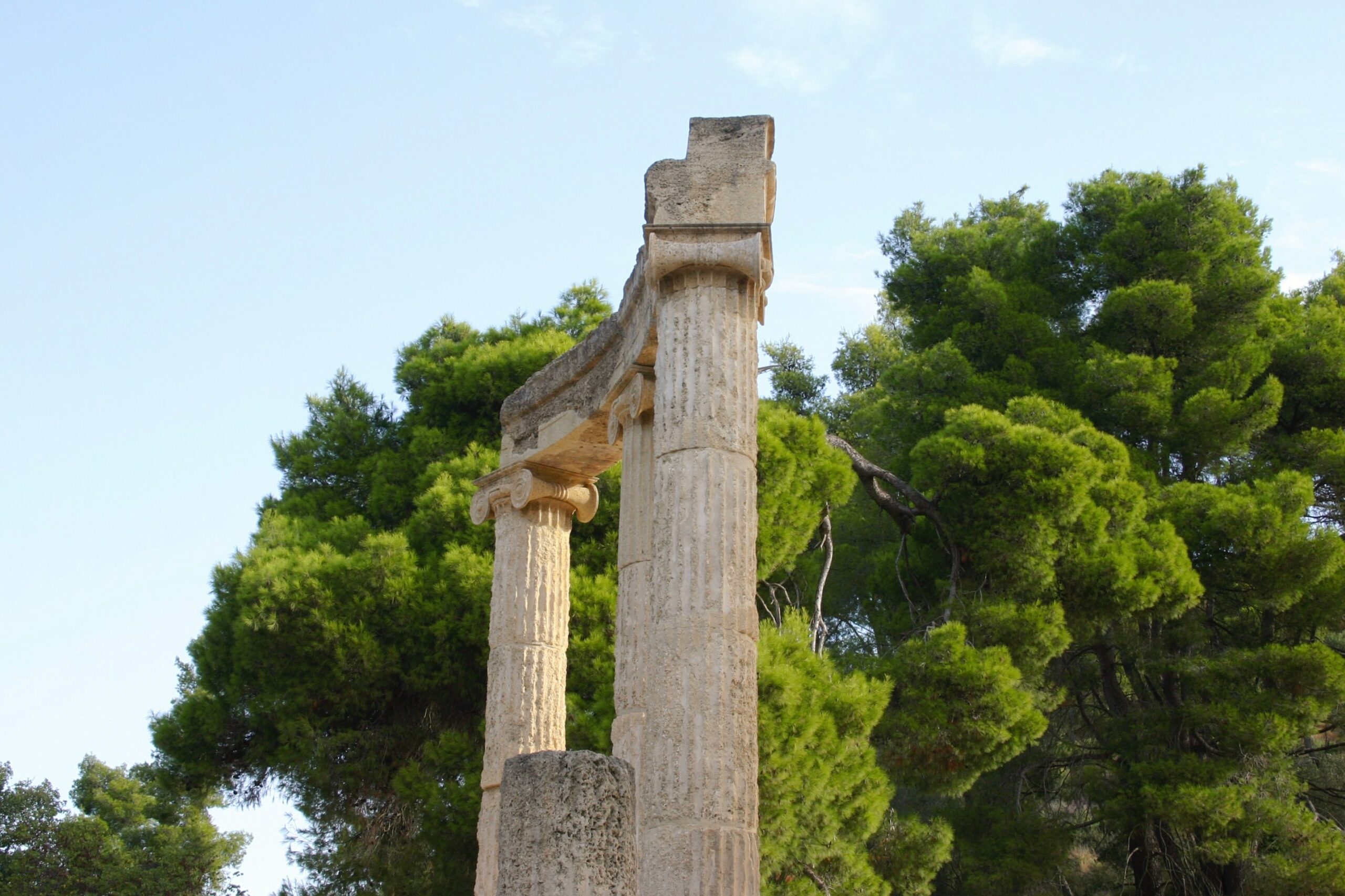Religious tourism is the best way to learn about the cultures’ backgrounds and the history of countries. In order to understand history, it is necessary to explore religion, to get to know the traditions of the societies that are visited, and to understand the world exactly as it is today. Among all the references of the world’s movement in tourism, the pilgrimage was the first of them all. More than 2000 years ago, thousands of Greeks walked to the city of Olympia to attend the Olympic Games. In the 6th century, the first pilgrimages to the Holy Land indicated already a strong religious component of these routes and, by the medieval period, the journeys to Santiago de Compostela or Mecca confirmed the rise of ” transformational ” journeys. The pilgrimage establishes a correspondence between the earthly and the sacred. The physical effort to reach the goal is a metaphor for the spiritual journey of the human being, full of sacrifices and resignations, in order to reach the renewal of the spirit, glory, paradise, or eternal salvation, depending on one’s beliefs.

Religious tourism is currently one of the developing and expanding niches of the touristic industry. The main destinations of this type of tourism are holy places that represent places of devotion and pilgrimage, as well as places that stand out for their historical and cultural uniqueness. If we analyze pilgrimage in current times, we can find that some travelers conceive it as a test of faith, while others see it as an opportunity to take advantage of the journey to live a unique experience by approaching an environment in a more local way, improvising on what they will do next in the next few days of their trip.
Now, it is necessary to consider whether pilgrimages will also be part of tourism in the post-Covid 19 future. Taking a look at the signs of the current tourism landscape, betting on pilgrimages as a post-Covid 19 trend is not such a crazy idea. At a time when, like pilgrimages, there is a tendency towards uncertainty, making such a trip is an unpredictable adventure. If we add to this the different predictions of tourism according to the experts, pilgrimages, whether they are of religious interest or not, fit into the possible future trends as they eliminate the barriers of schedules and exhausting circuits to visit all the attractions of a destination. It is an activity that takes place almost entirely in the open air and fosters greater environmental awareness without the need to take constant means of transport.
Therefore, according to sociologist Javier Arenas, the new pilgrimages bring a series of values considered positive to the public in a way that can be easily consumed. They are shorter trips (or not necessarily so long) and perfectly adapted to the wishes of each traveler.




